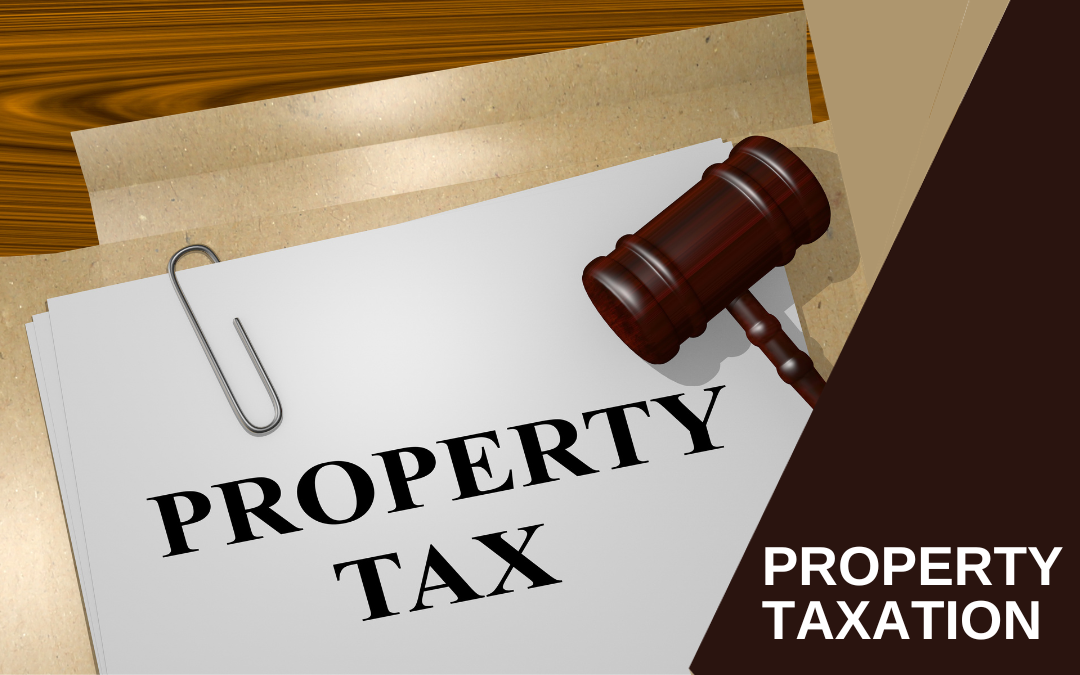
Frequently Asked Questions (FAQs) About Property Taxation
What is property tax, and why do I have to pay it?
Property tax is a local tax levied on the assessed value of real estate, including land and buildings. It’s a primary source of revenue for local governments, funding essential services like schools, roads, police, and fire protection. Essentially, your property tax contribution translates to public benefits enjoyed by the whole community.
This article is for general informational purposes only and is not legal advice. Contact us today to discuss your specific situation.
How is my property tax assessed?
Each local government determines its own assessment methods, but usually, a qualified assessor evaluates your property’s market value. Factors like location, size, condition, amenities, and recent comparable sales can influence the evaluation. You’ll receive a notification detailing the assessed value, and if you disagree, you can initiate a formal appeal process.
This article is for general informational purposes only and is not legal advice. Contact us today to discuss your specific situation.
How is my property tax bill calculated?
Your property tax bill is calculated by multiplying the assessed value by the local tax rate, also known as the “mill rate.” This rate varies depending on your location and the specific taxing entities within your jurisdiction. For example, a rate of 30 mills translates to $30 owed for every $1,000 of assessed value.
This article is for general informational purposes only and is not legal advice. Contact us today to discuss your specific situation.
When are property taxes due?
Due dates can vary by jurisdiction, but typically fall between October and April. Most localities offer installment options, allowing you to spread the payments throughout the year. Late payments usually incur penalties and interest charges, so timely remittance is crucial.
This article is for general informational purposes only and is not legal advice. Contact us today to discuss your specific situation.
Can I lower my property tax bill?
Exploring potential reductions is always worthwhile. Firstly, ensure your assessment is accurate. If you believe mistakes were made, file an appeal with your local assessment office. Additionally, many jurisdictions offer exemptions or reductions for seniors, veterans, disabled individuals, and homeowners of historic properties. Explore your local policies and eligibility criteria.
This article is for general informational purposes only and is not legal advice. Contact us today to discuss your specific situation.
What happens if I can't pay my property taxes?
Failure to pay property taxes can lead to serious consequences, including late fees, liens on your property, and ultimately, foreclosure. Act proactively if you face financial hardship. Discuss options with your local tax office, explore payment plans, or seek legal counsel to assess your situation and potential remedies.
This article is for general informational purposes only and is not legal advice. Contact us today to discuss your specific situation.
I recently bought a property. When do I start paying property taxes?
Your responsibility for property taxes generally begins on the date of purchase. However, it’s crucial to understand the local “tax day,” which determines which tax year’s levy you’re responsible for. Consult your closing documents or contact your local tax office for clarity.
This article is for general informational purposes only and is not legal advice. Contact us today to discuss your specific situation.
Are there tax benefits for owning property?
Owning property offers several tax advantages. Mortgage interest and property taxes are often deductible on federal income tax returns. Additionally, depreciation deductions for rental properties and capital gains exemptions upon sale can provide significant tax savings.
This article is for general informational purposes only and is not legal advice. Contact us today to discuss your specific situation.
What happens to my property taxes if I inherit it?
Inherited property typically retains its existing assessed value, and the inheriting party assumes responsibility for future property taxes. However, specific tax treatment and potential exemptions may apply depending on your relationship to the deceased and applicable estate tax laws. Consult a tax professional for tailored advice.
This article is for general informational purposes only and is not legal advice. Contact us today to discuss your specific situation.
I'm selling my property. How do property taxes factor into the sale?
Property taxes are often prorated between the seller and buyer based on the closing date and respective ownership periods during the tax year. Closing documents typically account for this adjustment, ensuring fair allocation of the tax burden.
Remember, property tax regulations and nuances can vary significantly by location. For specific guidance and detailed answers to your questions, seeking the expertise of a qualified property tax attorney in your jurisdiction is always recommended.
This article is for general informational purposes only and is not legal advice. Contact us today to discuss your specific situation.
